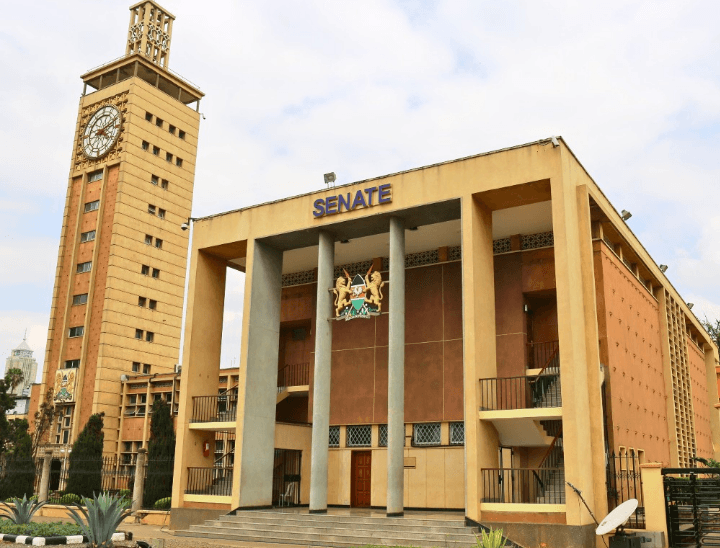
Kenyan lawmakers have taken a major step toward regulating the country’s digital asset space, with Parliament passing a bill aimed at governing virtual assets such as cryptocurrencies. The move is expected to boost investor confidence and attract global fintech players to the East African nation.
Virtual Asset Service Providers Bill Passed
According to Kuria Kimani, Chairman of the Finance Committee in the National Assembly, the Virtual Asset Service Providers Bill was passed last week. The legislation addresses long-standing concerns about the lack of a regulatory framework in Kenya’s fast-rising digital asset industry.
This bill is a step toward clarity in the crypto and virtual asset space,It lays the groundwork for building trust, ensuring compliance, and attracting serious players into the industry.
Kuria KimaniOne Step Away from Becoming Law
With the bill now passed by legislators, only President William Ruto’s signature is required to officially enact it into law. If signed, Kenya will join South Africa as one of the few African countries with comprehensive laws regulating digital assets.
Regulatory Framework and Licensing
Under the new law, the Central Bank of Kenya (CBK) will be the licensing authority for the issuance of stablecoins and other virtual assets. Whearas the Capital Markets Authority (CMA) will oversee and license crypto exchanges and trading platforms.
This dual-framework approach ensures that both currency issuance and trading are governed by institutions with relevant oversight experience.
Anticipated Growth in Investment
The legal clarity is expected to encourage increased investment in Kenya’s fintech ecosystem, particularly from major global crypto platforms like Binance and Coinbase. Kimani cited previous discussions between the government and these exchanges as part of ongoing efforts to make Kenya a regional hub.
We are hoping that Kenya can now be the gateway into Africa, Most young people between 18 and 35 years of age are now using virtual assets for trading, settling payments, and as a way of investment or doing business.
Kuria Kimani A Strategic Response to Global Trends
The move comes as countries worldwide prepare for the growing influence of U.S. dollar-backed stablecoins, which global financial bodies have warned could disrupt the monetary systems of less developed economies.
Kenya’s legislation aims to balance innovation with risk management—protecting its economy while also enabling the growth of blockchain-based financial tools.
Learning from Global Best Practices
Kimani noted that the new law draws on regulatory experiences from countries like the United States and United Kingdom, which have been at the forefront of fintech and cryptocurrency regulation.
Building on Kenya’s Fintech Legacy
Kenya is already renowned for its fintech innovation, thanks in large part to M-Pesa, the mobile money platform operated by Safaricom. M-Pesa has revolutionized financial access for millions by offering services such as money transfer, savings, and micro-investments.
The introduction of a legal framework for digital assets is seen as a natural progression for a country with such a strong track record in financial technology.
What’s Next?
If President Ruto signs the bill into law, Kenya is set to become a leader in regulated digital finance in Africa. The next few months will be critical as regulators begin to implement the framework and issue licenses to virtual asset service providers.





